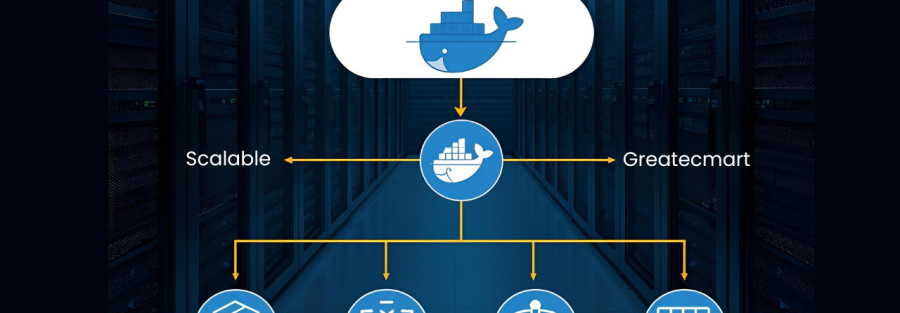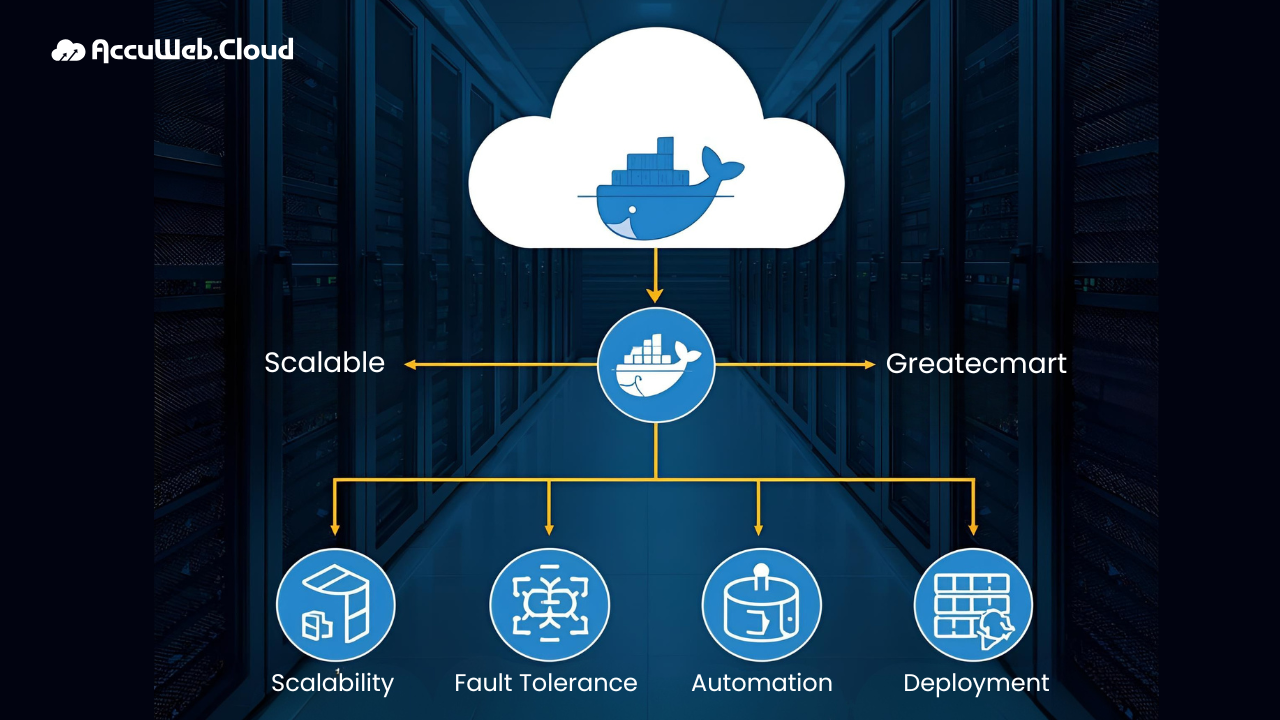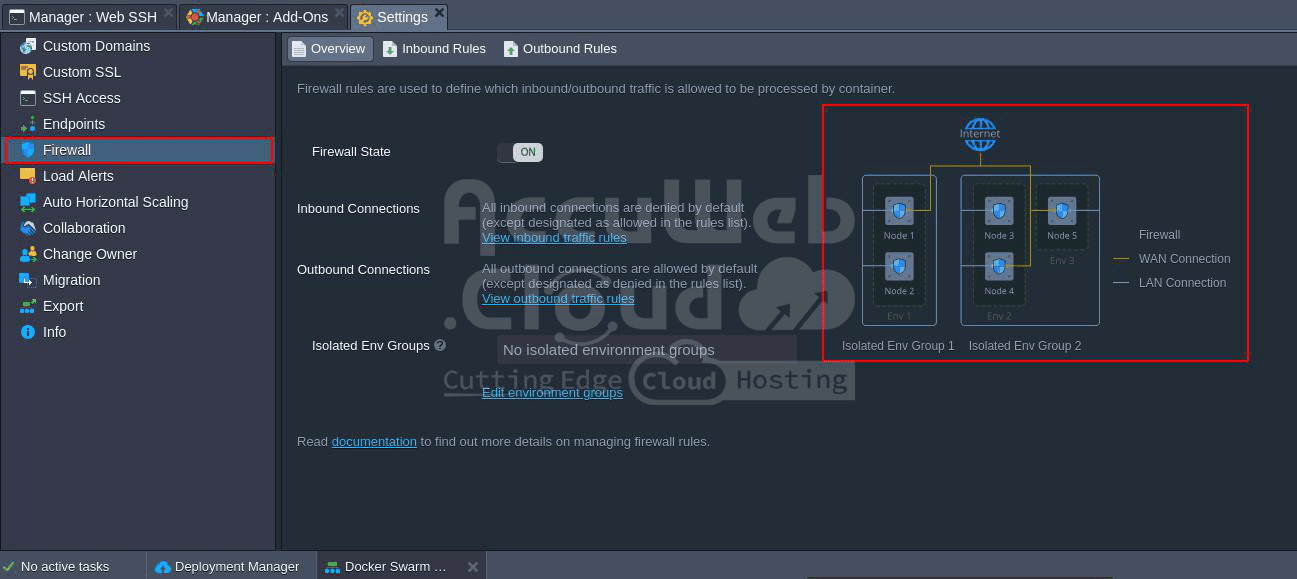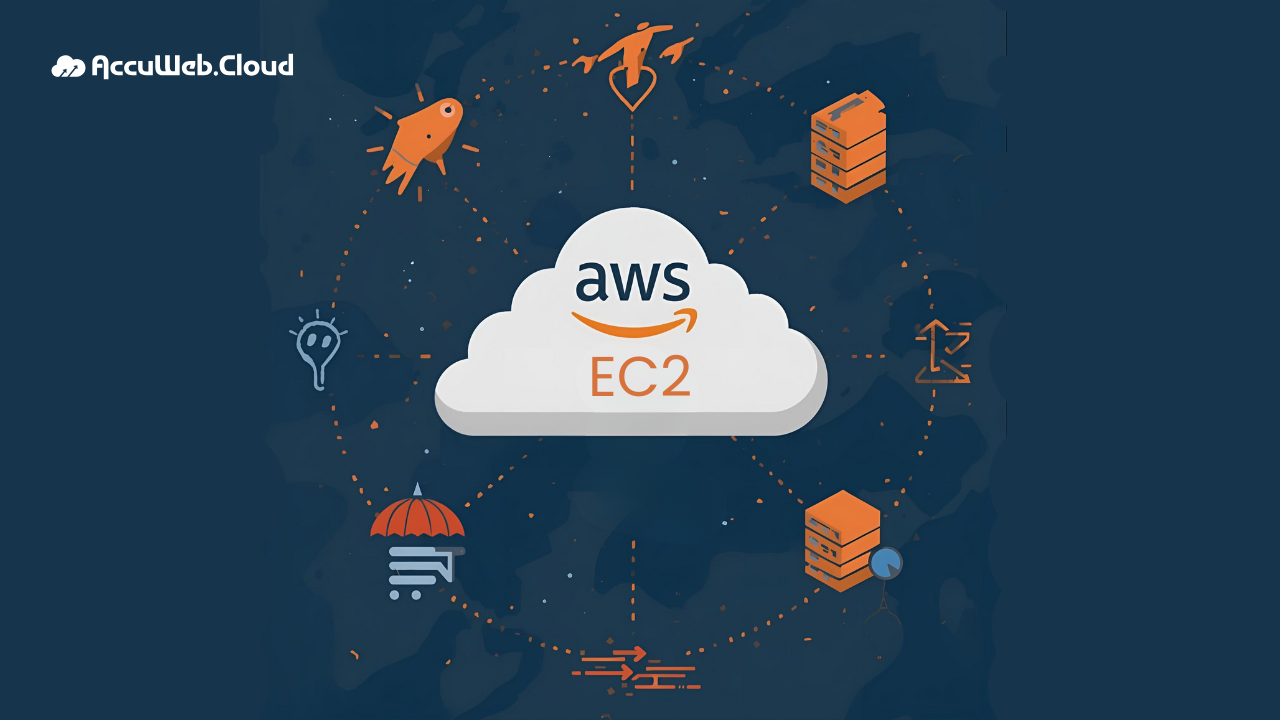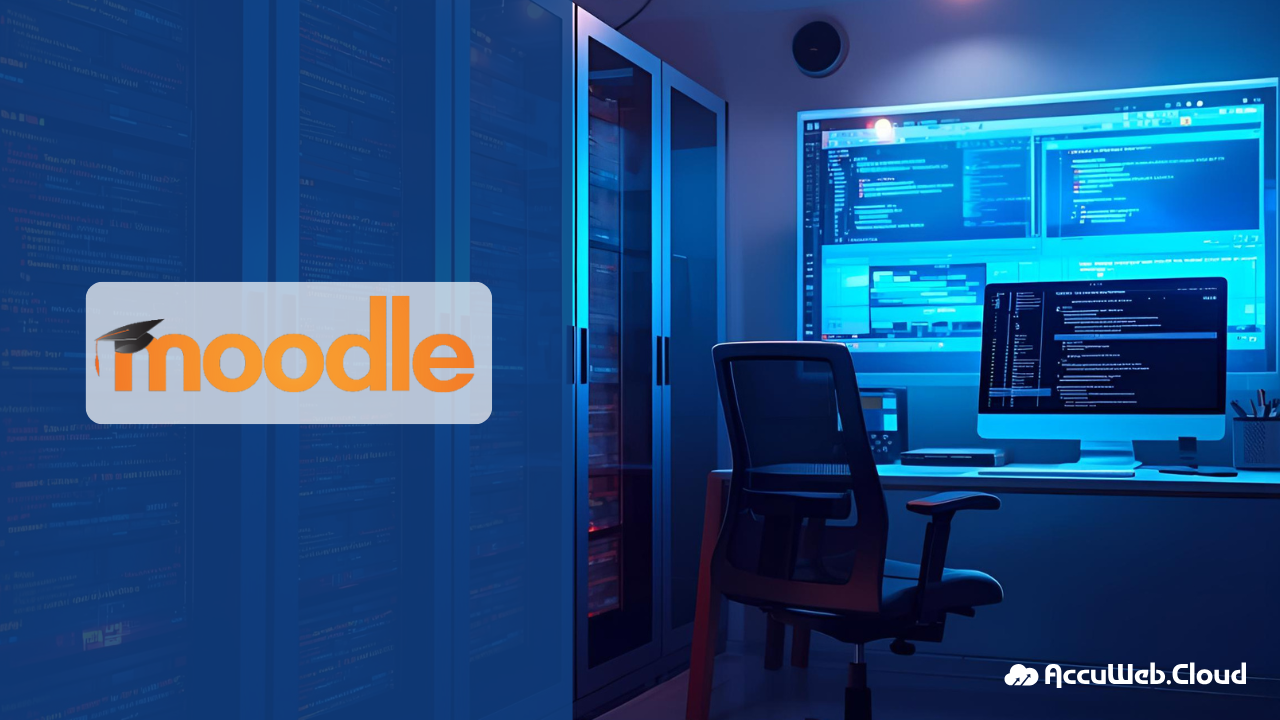Docker Swarm Cluster Best Practices
TL;DR
- Use multi-node Swarm clusters with manager and worker nodes to ensure high availability and workload distribution.
- Define clear service constraints and placement preferences to control where containers run across the cluster.
- Leverage health checks and restart policies to automatically detect and recover from failed services.
- Use overlay networks to secure inter-node communication and isolate traffic between services.
- Store sensitive data with Docker secrets and configs rather than environment variables.
- Scale services using replica counts and rolling updates to balance load without downtime.
- Monitor cluster performance with logging, metrics, and alerts to prevent bottlenecks.
- Regularly backup Swarm state and service definitions to recover quickly from failures.
In the moment’s fast-paced tech geography, efficient container orchestration is dynamic. Docker Swarm, a robust tool for managing Docker containers, simplifies deploying and scaling applications.
However, to even harness its power, following best practices is essential. Whether new to Docker Swarm or looking to optimize your current setup, this guide will help you apply crucial strategies for a high-performing cluster.
And if you are seeking top-notch Docker Swarm hosting, AccuWeb.Cloud offers extraordinary services to improve your deployment.
Key Best Practices for Docker Swarm Cluster Management
Optimize Node Configuration
The foundation of a well-functioning Docker Swarm cluster lies in the configuration of its nodes. Properly setting up your nodes ensures that your cluster can handle workloads efficiently and scales effectively when needed.
Start by selecting hardware that meets the demands of your applications. Ensure that your docker swarm cluster versions meet your demand.
As your cluster grows, scaling your nodes becomes crucial. AccuWeb.Cloud offers scalable hosting solutions that allow you to expand your infrastructure seamlessly, ensuring that your Docker Swarm cluster can grow alongside your business needs.
Implementing High Availability
High availability is a cornerstone of any resilient Docker Swarm cluster. To achieve this, it’s essential to distribute your services across multiple manager and worker nodes. Docker Swarm’s built-in fault tolerance features allow you to maintain service continuity even if a node fails.
Regardless, to fully leverage this, you should always deploy multiple manager nodes to avoid a single point of failure. Aim for an odd number of manager nodes (typically 3 or 5) to maintain availability in the event of a node failure.
AccuWeb.Cloud’s reliable infrastructure ensures that your nodes remain online and accessible, providing the perfect environment to implement high availability strategies.
Secure The Swarm
Security should never be an afterthought in your Docker Swarm cluster. To protect your cluster, start by encrypting communication between nodes. Docker Swarm provides built-in TLS encryption, which you should enable by default.
Our platforms provide additional Let’s Encrypt free SSL connection to secure the environment.
Additionally, use secure images that are regularly scanned for vulnerabilities. Implement role-based access control (RBAC) to restrict access to sensitive operations within the swarm.
AccuWeb.Cloud’s security features, including DDoS protection and firewalls, add an extra layer of defense to your Docker Swarm clusters, helping you maintain a secure and compliant environment.
Network Configuration Best Practices
Networking is the backbone of any distributed system, and Docker Swarm is no exception. To ensure smooth communication between services, configure overlay networks that span across your cluster nodes.
This setup helps in maintaining consistent network connectivity, even in complex environments. Additionally, be prepared to manage network partitions by regularly monitoring your network and addressing issues promptly.
When creating networks, use the –opt encrypted flag to secure the network traffic:
$ docker network create --driver overlay --opt encrypted my_overlay_netMonitoring Cluster Health
To maintain the health of your Docker Swarm cluster, real-time monitoring is essential. Use tools like Prometheus or Grafana to keep an eye on resource usage, container health, and overall cluster performance. Monitoring helps you identify issues before they escalate, ensuring your services run smoothly.
Integrating Docker Swarm with AccuWeb.Cloud Services
AccuWeb.Cloud simplifies Docker Swarm cluster management by providing optimized hosting solutions that include pre-configured clusters, enhanced security features, and 24/7 support. Whether you need help with setup, optimization, or scaling, our services are designed to meet your specific needs.
Conclusion
By following these best practices for Docker Swarm cluster management, you can ensure that your containerized applications run efficiently, securely, and reliably.
AccuWeb.Cloud’s hosting solutions are designed to complement these practices, providing the infrastructure and support needed to take your Docker Swarm clusters to the next level.
Ready to optimize your Docker Swarm deployment? Explore the hosting solutions at AccuWeb.Cloud and start building a more resilient and powerful containerized environment today. Contact support for more information.

Jilesh Patadiya, the visionary Founder and Chief Technology Officer (CTO) behind AccuWeb.Cloud. Founder & CTO at AccuWebHosting.com. He shares his web hosting insights on the AccuWeb.Cloud blog. He mostly writes on the latest web hosting trends, WordPress, storage technologies, and Windows and Linux hosting platforms.






